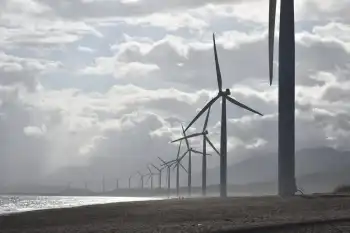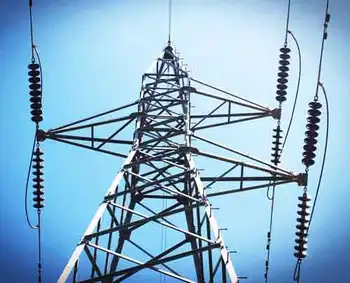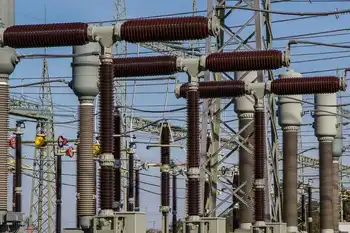Renewable standards called unconstitutional
By Washington Times
NFPA 70e Training
Our customized live online or in‑person group training can be delivered to your staff at your location.

- Live Online
- 6 hours Instructor-led
- Group Training Available
Now we will prove they are illegal, too.
The organization American Tradition Institute filed a complaint in a U.S. district court that contends Colorado's RES should be declared unconstitutional because they violate the Commerce Clause, which grants only Congress the authority to regulate interstate trade. Because the Evergreen State imposed burdens on the distribution of power, we maintain that is an improper regulation of interstate trade by the state.
Should the case be found in our favor, it likely would have implications for the other 29 states that also have RES.
Colorado's law mandates that 30 percent of its electricity come from renewable sources by the year 2020. That discriminates — by mandating the purchase and use of renewables — against other legal, less costly, less polluting, safer and more reliable in-state and out-of-state sources of electricity. You read that right — "less polluting" and "safer."
Colorado is widely recognized for its wind-power capabilities, but even there, wind power is inconsistent and undependable. Studies by Bentek Energy, which examined energy deployment in Texas and Colorado, found that emissions of pollutants actually increase with RES because wind requires backup generation by fossil fuels such as coal and natural gas. When generators powered by those fuels are required to turn on and off constantly as backstops for wind, they burn more coal or gas than if those fossil-fuel generators ran consistently. Think of your car's extra use of gasoline in stop-and-go traffic as a similarity.
So, contrary to what green believers have put their faith in, Colorado has installed a power prejudice against more environmentally friendly energy sources.
Lest you think this is simply a fight on behalf of Big Coal and Big Natural Gas, consider again the constitutional implications. Colorado's renewable mandates not only discriminate against those power generators but, more important, victimize their customers by forcing them to pay higher prices for a service that does not deliver them "better" electricity — in fact, it forces them to pay extra for a more polluting product.
Further, if you consider the demonstrable economic effects of forced "renewables," the policy discriminates against the overall health of the economy and job creation. The misnamed "green" economy is a proven failure, as exhibited by its failure to move our national unemployment statistics. Also, studies of the effects of coerced renewables in Spain and Italy showed that for every "green" job created in those countries, 2.2 and 4.8 jobs were lost in their respective overall economies.
There are many other ways Colorado's law violates the Commerce Clause, which are outlined in the complaint. For example, the law places a greater value upon alternative energy initiated within its borders but not outside them. This falls under the federal government's regulatory powers, not Colorado's.
But ultimately, this lawsuit will fight both environmentally and economically destructive public policy, which affects not only Colorado residents, but also those in nearby states. Clearly, a correction is needed, which we now ask a federal judge to require.











